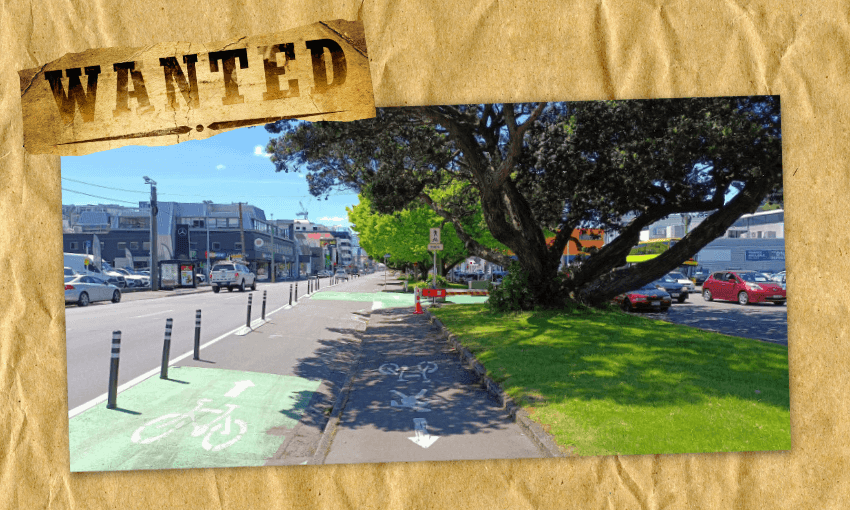New Zealand’s chronic bus driver shortage is set to impact its Pacific neighbours, the Fiji Bus Operators Association (FBOA) warns.
Hundreds of foreigners have accepted offers to drive buses in Aotearoa since the Government relaxed the rules around bringing in overseas drivers.
Fiji’s government said 60 more bus drivers will join the group of 100 that had already left the country.
But the “mass exodus” is worrying Fijian bus operators who say it will create a shortage in the Pacific nation.
READ MORE:
* More than 15,000 bus trips cancelled in four months in Greater Christchurch
* Wellington sets new record with more than 3000 buses cancelled in May
* Bus drivers launch parliamentary petition for public transport reform as pay dispute continues
* Drivers recruited from Philippines to help man Wellington’s buses
New Zealand’s biggest cities are struggling to manage the crisis which is leaving commuters frustrated and late for work.
The public transport system in Tāmaki Makaurau Auckland has been crippled with years of rail shutdowns, no-show buses and crew shortages on ferries.
RYAN ANDERSON/STUFF
Bus drivers in Auckland protest over fair pay in December 2022.
Unions and the industry board have described the crisis as a “slow moving feast” exacerbated by Covid-19. Before the pandemic, the average age of bus drivers was about 54.
In October, Transport Minister Michael Wood announced $61 million to lift bus driver wages across the country to address the shortage.
Wood said the Government would spend the money, allocated in the 2022 Budget, to increase urban bus drivers’ pay to $30 an hour and regional drivers’ pay up to $28 per hour.
In Fiji, bus drivers could work up to 48 hours a week, earning $2.72 (FJ$3.75) an hour.
Fiji’s former attorney-general Aiyaz Sayed-Khaiyum said certain Fiji bus companies had a bailor‑bailee relationship with their drivers where the driver was paid an extremely low salary but allowed to take a certain percentage of the day’s earnings.
The new coalition government said it was working with industry stakeholders to “accelerate the training of the next batch of workers.
“We’re talking about apprenticeship schemes, introducing short courses to get people in jobs and then overlaying that with some on-the-job training,” Fiji’s deputy prime minister, Manoa Kamikamica, said.
“Bus drivers are being pulled from Fiji and there are 60 drivers coming to New Zealand next week,” he said.
Supplied
Fiji Deputy Prime Minister Manoa Kamikamica says the government is working with industry stakeholders to train the “next batch of workers”.
Kamikamica said despite the concerns raised by the Fiji bus operators, there were already migrant workers in the country and “this could be one of the temporary, short and medium-term solutions to the labour issue”.
In February 2013, 25 Fijian bus drivers – employed by Go Wellington – faced deportation after working in the capital city for up to six years.
The men were granted annual work visas and employed by NZ Bus from 2006 when bus driving was listed on Immigration New Zealand’s skills shortage list.
Seven years after arriving in Aotearoa, the Fijians were told Immigration NZ was refusing to renew their visas because the shortage no longer existed.
Tramways Union Wellington branch president at the time, Evan Keay, said the men brought their families with them and had proved themselves to be honest, hard-working and law-abiding citizens while working in New Zealand.
“It appears to be a case of blatant exploitation. These workers and their families were encouraged to come here. They’ve been used to fill gaps and bolster the New Zealand economy.
“Now, because it no longer suits government policy, they are being systematically ejected from this country.”
Fiji bus operators said it would not want to see the same thing happen again.
In December 2022, New Zealand announced an immigration shake-up which would offer a temporary residence pathway for bus drivers.
With many industries struggling to find enough workers locally, the rule changes also opened up a straight-to-residency pathway to accept more health professionals, teachers, tradespeople and truck drivers.





















Discussion about this post